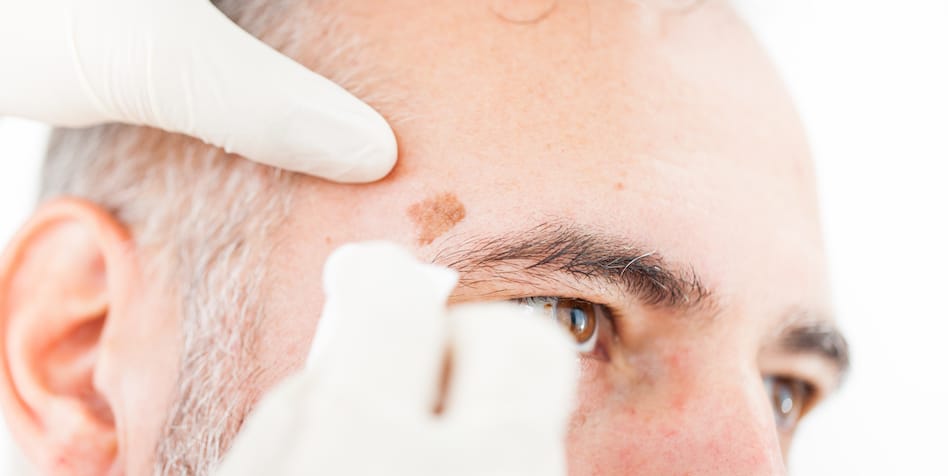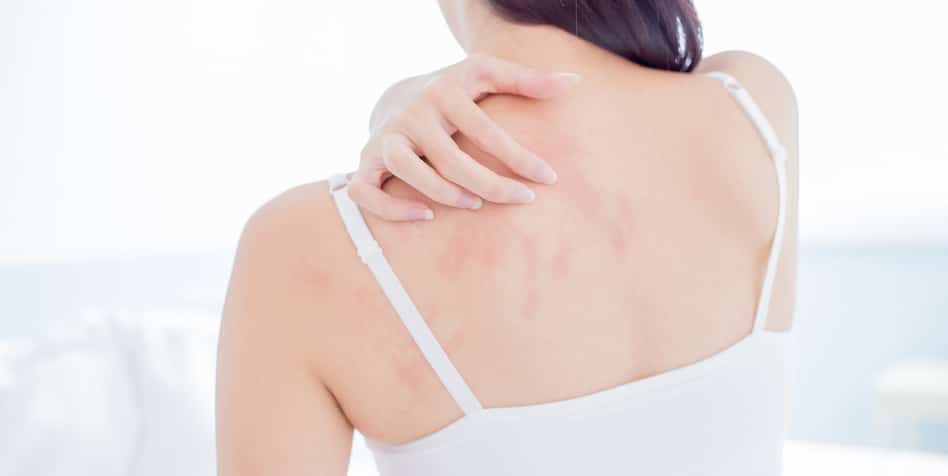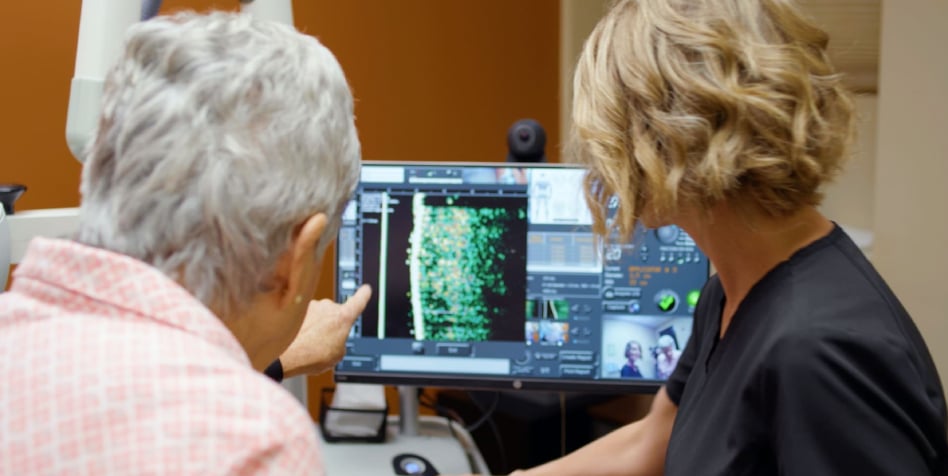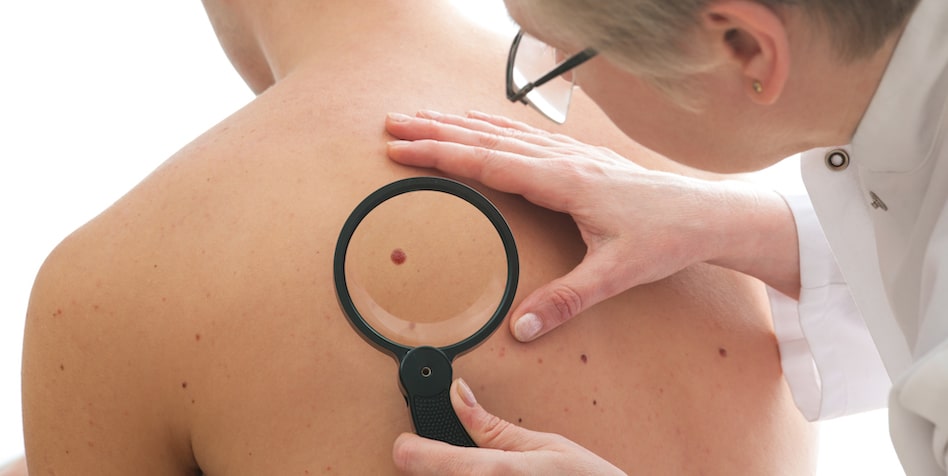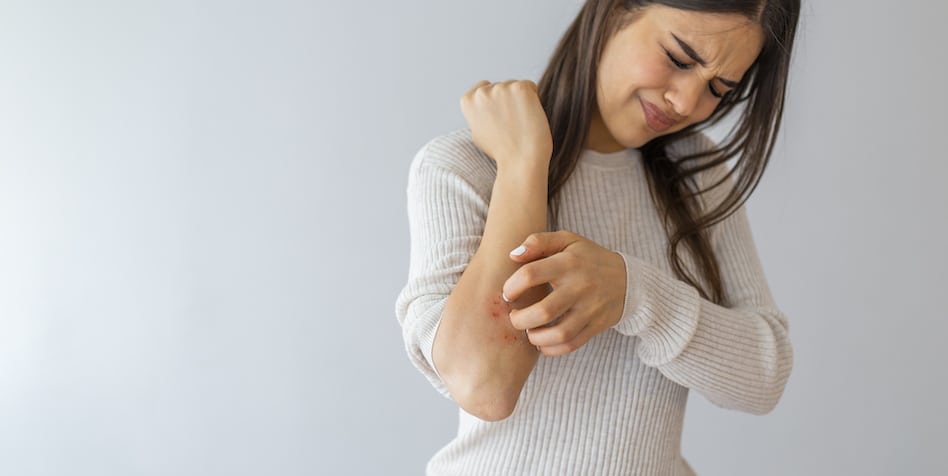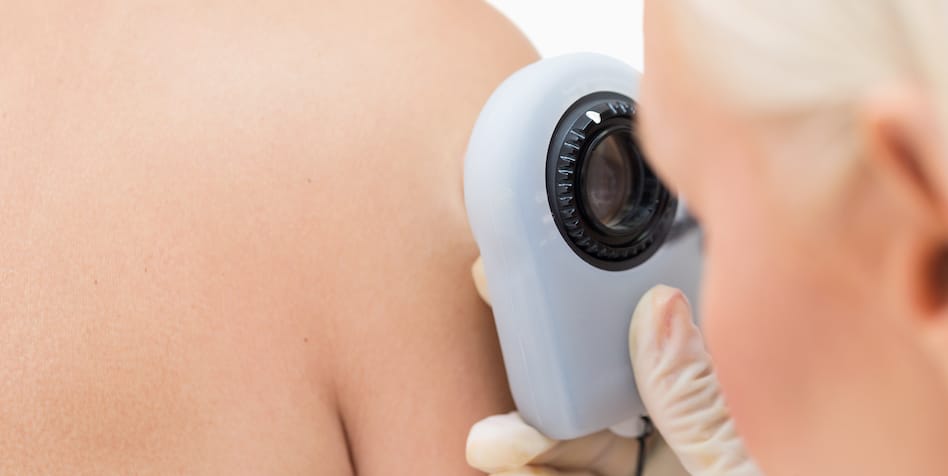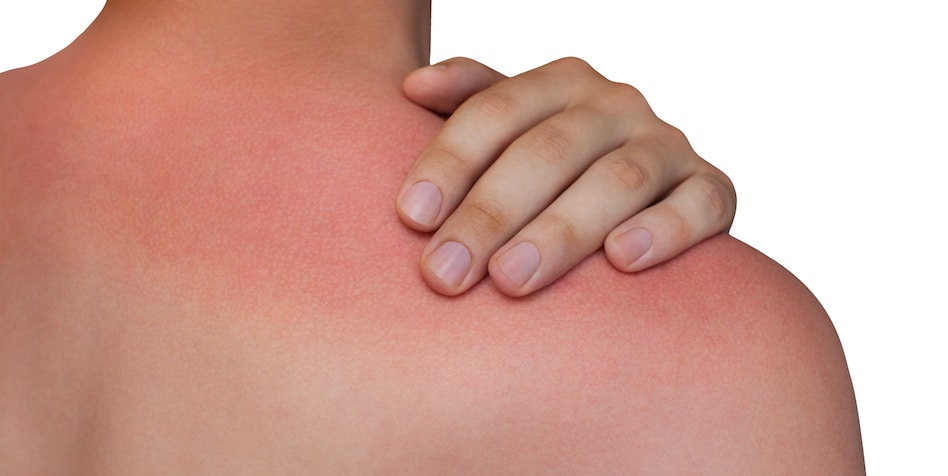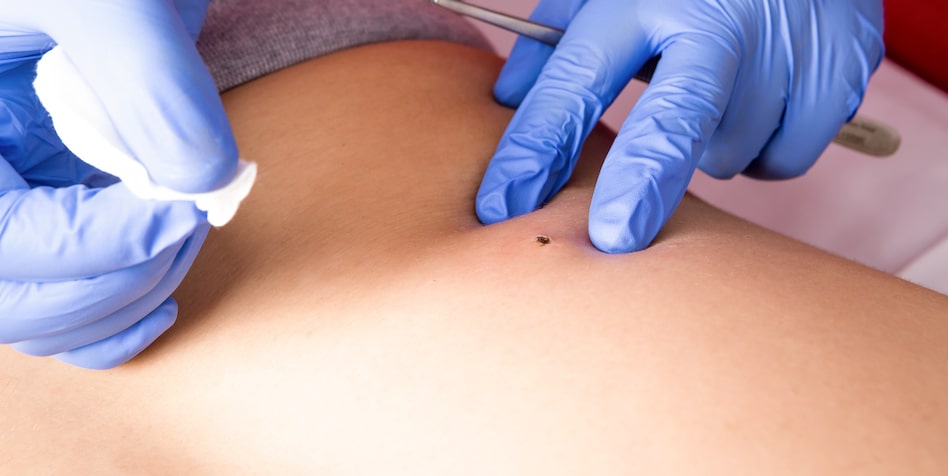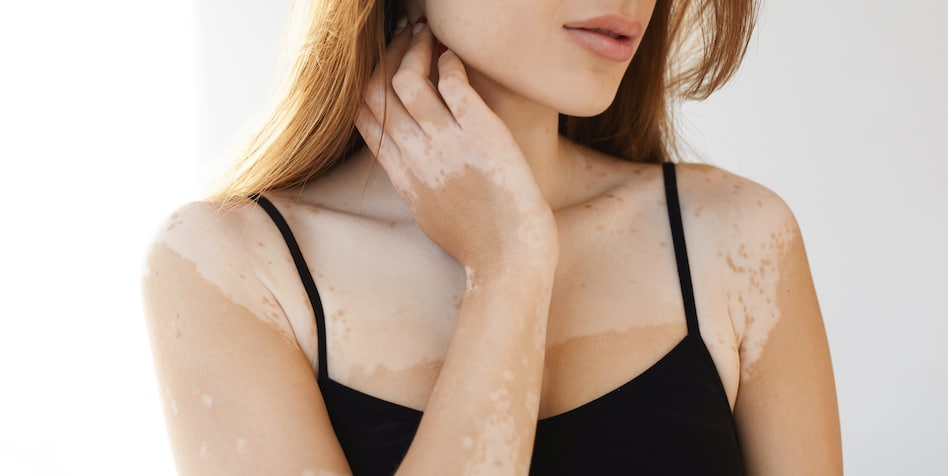Clinical Dermatology in Tampa & Dade City, FL

Florida Westcoast Skin and Cancer Center is home to dermatologists who are experts in clinical dermatology, including skin cancer screening, Mohs surgery, acne treatment, mole checks, sun damage correction, skin allergy treatment, and other medical dermatology concerns.
Whether you are suffering from minor skin irritation, a severe reaction, possible skin cancer, or something else, our skin doctors can provide the compassionate care you need to accurately diagnose and treat your dermatology issue.
We treat each and every patient as a unique individual and take time to address your concerns and questions. Put simply, we take our patients seriously. Call (800) 809-4811 for our Dade City location, or (813) 877-4811 for our Tampa office.
Acne
Acne results from hair follicles that have become clogged with oil and dead skin cells. This can result in whiteheads, blackheads, pimples, and, in severe cases, cysts and nodules.
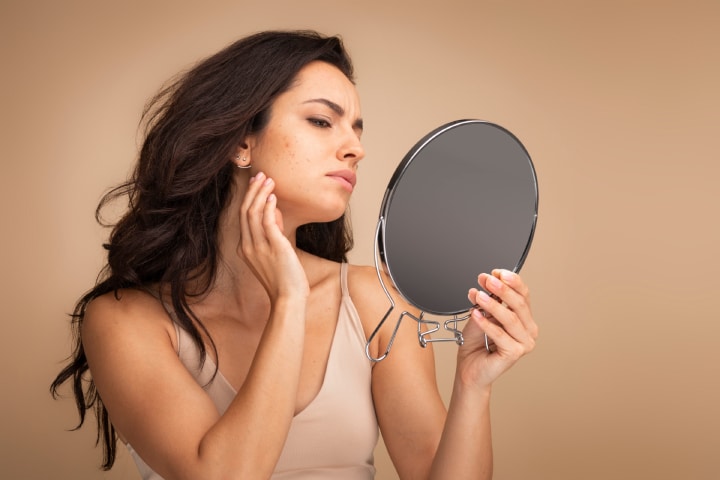
Treatment options include:
- Over-the-counter topical products
- Prescription medications such as retinoids, antibiotics, and hormonal therapies
- Chemical peels
- Laser therapy
- Drainage and extraction
Actinic Keratosis
Actinic keratosis (AK) is a rough, scaly patch on the skin. It develops from years of sun exposure. This is considered a precancerous condition. It can turn into squamous cell carcinoma if not treated.
AKs most commonly appear on sun-exposed areas such as the face, ears, neck, scalp, chest, backs of hands, forearms, or lips. Treatments include:
- Cryotherapy
- Topical medications
- Chemical peels
- Laser therapy
- Photodynamic therapy
Eczema
Eczema, or atopic dermatitis, causes inflamed, itchy, and sometimes oozing skin. It occurs when the skin barrier is compromised. This increases susceptibility to irritants and allergens.
Treatment focuses on moisturizing, reducing inflammation, and alleviating itching. This includes topical steroids, non-steroidal anti-inflammatory creams, and immunosuppressant drugs.
GentleCure
GentleCure is a non-invasive option for non-melanoma skin cancers. Research shows it has a cure rate above 99% for basal and squamous cell skin cancers. This innovative approach utilizes low-dose, high-frequency ultrasound to target and destroy cancer cells while preserving the healthy surrounding tissue.
GentleCure is a painless procedure with minimal side effects. This makes it an attractive alternative to more invasive surgical methods. It is especially beneficial for patients with cancers in cosmetically sensitive areas where scarring would be undesirable.
Hyperhidrosis
Hyperhidrosis involves excessive sweating that is not necessarily related to heat or exercise. It can affect various body parts, from the palms and soles to the underarms and face. Treatments include:
- Prescription antiperspirants
- Oral medications
- BOTOX injections
- Iontophoresis
- Surgical interventions like sympathectomy
Mohs Surgery
Named after Dr. Frederic Mohs, Mohs surgery involves removing the cancerous tissue layer by layer and examining each layer under a microscope until no abnormal cells remain.
This method ensures complete cancer removal while sparing as much healthy tissue as possible. It is highly effective for cancers in cosmetically and functionally critical areas like the face, ears, and hands. It has a cure rate up to 99% for a skin cancer that has not been treated and to 94% for a skin cancer that has recurred after prior interventions.
Mohs surgery has a high cure rate and minimizes the risk of recurrence. It is beneficial for treating basal cell carcinoma, squamous cell carcinoma, and certain types of melanoma.
Moles and Birthmarks
Moles and birthmarks are common features that can vary in size, shape, and color.
Moles, or nevi, are usually benign. However, they can occasionally develop into melanoma, a severe form of skin cancer.
Birthmarks, such as port-wine stains or hemangiomas, are usually present at birth and may fade over time.
Treatments for moles and birthmarks, when needed, can include laser therapy, surgical removal, and topical products to reduce their appearance or address potential health concerns.
Psoriasis
Psoriasis is a chronic autoimmune condition. It causes rapid skin cell turnover, leading to thick, red, scaly patches. These plaques can show up anywhere on the body. They most commonly affect areas like elbows, knees, scalp, and lower back.
Psoriasis treatments aim to reduce inflammation and slow down cell production. They include:
- Topical products
- Phototherapy
- Systemic medications such as biologics and oral drugs
Managing stress, maintaining a healthy lifestyle, and avoiding triggers can also help manage psoriasis flare-ups.
Rosacea
Rosacea is characterized by facial redness and visible blood vessels. In some cases, acne-like bumps can occur as well.
Treatments may include:
- Topical and oral medications
- Laser therapy
- Lifestyle modifications to avoid triggers like sun exposure, spicy foods, and stress
Skin Cancer
Skin cancer primarily results from prolonged UV radiation exposure (from the sun or tanning beds).
The main types of skin cancer are basal cell carcinoma, squamous cell carcinoma, and melanoma. Melanoma is considered the most dangerous.
Treatment options include:
- Surgical excision
- Mohs surgery
- Radiation therapy
- Topical medications
Sun Damage
Sun damage, or photoaging, results from prolonged exposure to ultraviolet (UV) rays. It leads to premature aging.
Symptoms include wrinkles, fine lines, hyperpigmentation, and a leathery texture. Over time, sun damage can also increase the risk of developing skin cancer.
Treatments to address existing sun damage include:
- Topical retinoids
- Chemical peels
- Laser therapy
- Microdermabrasion
Warts
Warts are benign skin growths caused by the human papillomavirus (HPV). They can occur anywhere but are most common on the hands, feet, and genitals.
Warts are typically harmless. However, they can be unsightly and, in some cases, painful. Treatment options include over-the-counter remedies, cryotherapy, laser therapy, and surgical removal.
Vitiligo
Vitiligo involves a loss of skin pigmentation. It results in white patches on various parts of the body. It occurs when melanocytes, the cells responsible for skin pigment, are destroyed.
The exact cause of vitiligo is unknown. However, it is believed to involve genetic and autoimmune factors.
Treatment aims to restore color and improve appearance. Options include:
- Topical corticosteroids
- Light therapy
- Surgeries like skin grafting
Call Dr. Scannon and Dr. Altmann For Clinical Dermatology In Tampa!
When you come to us at Florida West Coast Skin and Cancer Center for your clinical dermatology needs, you can access state-of-the-art care and the latest treatments.
Our team is led by esteemed dermatologists Dr. Michael A. Scannon and Dr. Stefanie Altmann. They are both board-certified experts in their field.
Dr. Scannon has been practicing since 1982. He serves the Tampa and Dade City communities with a wealth of experience and knowledge.
Dr. Altmann brings specialized expertise in cosmetic dermatology, dermatologic surgery, and clinical dermatology. She ensures patients receive the highest quality care tailored to their individual needs.
Dial (813) 877-4811 for our Tampa office, or (800) 809-4811 for our Dade City office. Or, you can fill out the form on our contact page. Our practice looks forward to serving you!


